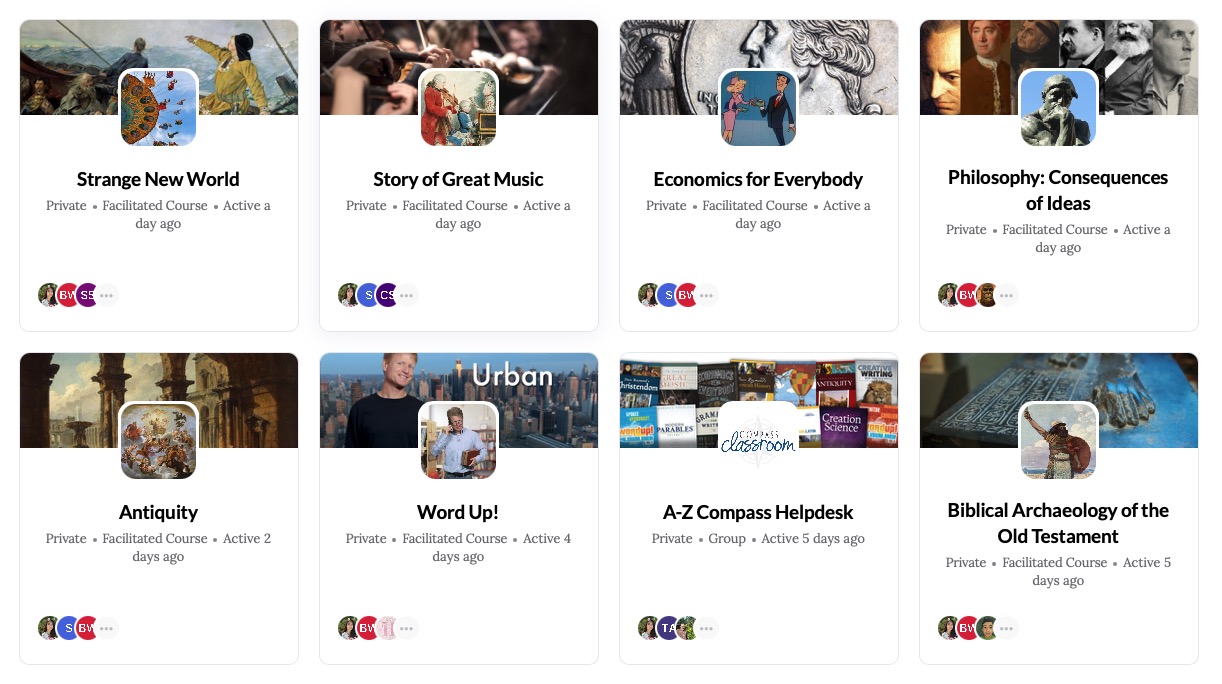
Share this post with another homeschool mom!

In a world of hashtags, LOL’s, and emojis, we now express ourselves much differently from the beautiful flowing language that once created such lovely imagery. Homeschool students might be wondering, why ready poetry?! Metaphors, personification, and other non-literal language can be hard to understand. Middle schoolers might feel uncomfortable with romantic sonnets. So, is poetry dead?
What is poetry? Wikipedia defines poetry as: literary work in which special intensity is given to the expression of feelings and ideas by the use of distinctive style and rhythm.

4 Reasons Students Should Read Poetry
Before assigning random poetry for students to memorize, just for memory work, consider the benefits of regularly reading poetry.
- Poetry Improves Verbal Skills.
- Poetry Improves Critical Thinking.
- Poetry Develops Empathy & Insight.
- Poetry Encourages Creativity.
If your students think poetry is just a bunch of red roses and bedroom balcony declarations of love, introduce them to different types of themes and topics. Epic of Gilgamesh, the Iliad and the Odyssey, Dante, Edgar Allan Poe, Rupert Brooke, or Marjorie Pickthall.
Regardless of your own poetry knowledge, it’s never too late to start reading poetry together. Read to get started in the morning, during picnics, or afternoon tea. When studying Geography look up the “National Poet of (that country)”.
Start younger children off reading Dr. Seuss and Robert Frost. Introduce daughters to the great works of Emily Dickinson and Maya Angelou. Feel closer to nature with Ralph Waldo Emerson. Most importantly, follow up each poetry reading with great discussions: did you like it? Why did you hate it? How do you feel after you read it? What spoke most to you?
Hope, Emily Dickinson
“Hope” is the thing with feathers –
That perches in the soul –
And sings the tune without the words –
And never stops – at all –
And sweetest – in the Gale – is heard –
And sore must be the storm –
That could abash the little Bird
That kept so many warm –
I’ve heard it in the chillest land –
And on the strangest Sea –
Yet – never – in Extremity,
It asked a crumb – of me.
Encourage high school students to keep a Poetry Journal. Suggest writing down favorite lines from poems they have enjoyed. Offer a writing time each day to create their own flowing words. Provide topics if they feel “stuck”: seasons, religion, politics, nature, etc.
If your student is less interested in writing poetry themselves, create Poet Studies. Pick one poet to discover. Many writers lead interesting lives. Some recluse. A few never published during their own lifetime. Some poets created entirely different styles of poetry yet to be written at the time. Discover amazing poets!
Looking for help teaching Poetry? Try Grammar of Poetry.
Grammar of Poetry
Grammar of Poetry is designed for a semester at the middle school / high school grade level. Grammar of Poetry is appropriate for anyone with basic writing skills and the desire to learn poetry. This class carries a 1/2 high school credit.
Learn the Mechanics of Poetry
Students analyze not only poetry, but words and language using classical imitation.

Share this post with another homeschool mom!








